
Starting June 1st, 2023 Our warehouse fee will be $0.65/cubic foot per month
In effort to lower the warehouse storage fee during inflation, we have went narrow aisle racking.This construction took us four months but the project is finally completed. With narrow aisle racking, we are able to drop storage by 24%.We as partners will go through this inflation together.
05/02/2024
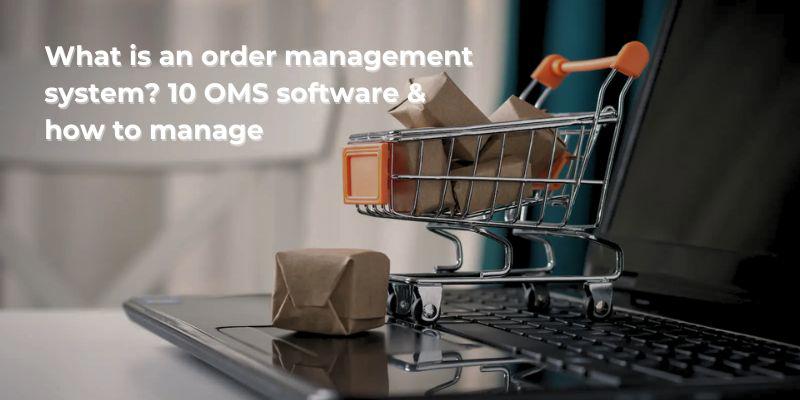
Running an ecommerce store is an exhilarating experience, especially when you witness a flurry of orders streaming in. However, this excitement can quickly turn into overwhelm as you navigate the complexities of order fulfillment.
With each order, a cascade of crucial information floods your system: item details, quantities, customer particulars, delivery intricacies, preferred shipping methods, and more. It's paramount to stay on top of this influx of data to sidestep delays and errors in the fulfillment and shipping pipeline. Enter the indispensable tool: an order management system. This powerhouse not only processes and manages orders but also automates and tracks them, ensuring seamless operations.
Thankfully, enhancing your order management process is within reach and budget. In this guide, Worldcraft Logistics will delve into the myriad benefits of adopting an order management system, explore top-tier solutions available, and guide you through the implementation process to seamlessly integrate the right system into your logistics operations. Let's embark on this journey toward streamlined efficiency and optimized performance.
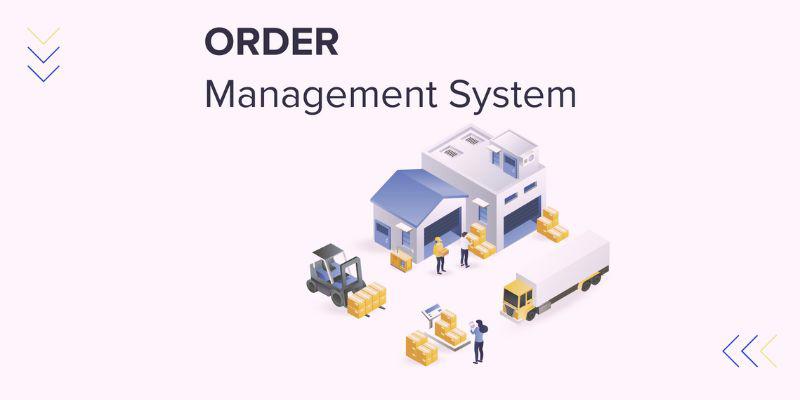
An Order Management System (OMS) serves as the backbone of automated and streamlined order and fulfillment operations within the realm of road freight logistics. This robust system compiles an exhaustive database encompassing shippers, customers, invoicing particulars, payment information, and meticulous records of order processing.
It is impossible to overestimate the importance of an OMS because it is the primary factor that determines whether a customer is satisfied or motivated to look for alternatives as a result of discontent. On the other hand, a well-thought-out OMS can greatly improve sales visibility, speed up order processing, and strengthen customer relationship management. As the go-to option, cloud-based transportation management software embraces the modern industry standard and provides shippers with unmatched flexibility in meeting their changing needs.
The intricacies involved in receiving, tracking, and fulfilling customer orders often present laborious and error-prone challenges, translating into not only a loss of time but also financial resources for transport companies. By orchestrating the automation of multifarious administrative procedures, an OMS emerges as the harbinger of efficiency, effectively streamlining processes to mitigate errors and expedite operations.
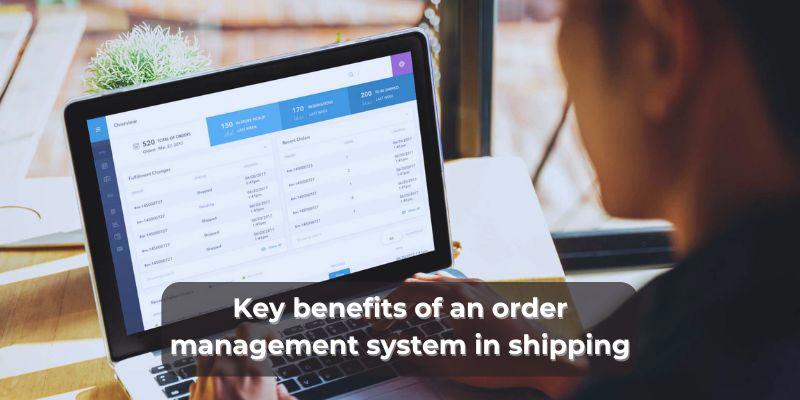
Streamlining the order management process not only facilitates efficiency but also serves as a catalyst for saving valuable resources and alleviating operational complexities as your business expands. Here are six compelling reasons why integrating an OMS is pivotal:
Order management systems are engineered to seamlessly interact and integrate with various platforms, ensuring optimal performance. Their inherent scalability allows for the seamless integration of standalone modules, thereby facilitating the addition of new features and functionalities as your business evolves.
With order management systems, tracking the progress of orders becomes effortless, ensuring faster and more accurate processing. The cloud-based nature of these systems eliminates the constraints of physical hosting, enabling access to order information from any location at any time, enhancing agility and responsiveness.
Transitioning from paper-based order management to cloud-based systems not only saves time and space but also enhances security. Document digitization reduces the risk of loss or damage associated with physical papers, while ensuring seamless information sharing and enhanced data security.
Order management systems simplify the specification and management of transport requests, from initiation to invoicing. Through a centralized Transportation Management System (TMS), planners, drivers, and customers gain access to real-time information, eliminating the need for paper-based shipping lists and minimizing administrative overhead.
Customizable reporting tools provided by order management systems instill confidence in your company's decision-making processes. Custom reports aligned with business requirements can be effortlessly generated and scheduled for specific users, freeing up valuable time for other critical business activities.
Automation inherent in cloud-based order management systems drastically reduces errors and facilitates informed, data-driven decision-making. Seamless integration with accounting systems enables direct billing for customers, minimizing the possibility of double data entry and enhancing operational efficiency for logistics and fulfillment partners.
Embracing order management software not only streamlines operations but also empowers businesses to deliver superior service, make informed decisions, and drive sustainable growth in an increasingly competitive landscape.
Numerous order management systems are available on the market that cater to direct-to-consumer companies of all kinds. Selecting the appropriate OMS for your company is crucial, depending on your demands.
These are the top ten e-commerce order management systems and software (most recent updates from Capterra's software rankings in 2024) to help you get started in your quest for the ideal OMS.
Name of OMS Software | Short description | Features (Advantages and Disadvantages) | Rating |
monday.com | Whether working from home, the office, or on the go, teams may manage their daily tasks and projects using Monday.com, a cloud work operating system. | ☑️ Billing & Invoicing ☑️ Cataloging/Categorization ❌ eCommerce Management ☑️ Inventory Management ☑️ Order Fulfillment ☑️ Purchase Order Management ☑️ Reporting/Analytics ☑️ Shipping Management ☑️ Third-Party Integrations | 4.6⭐ (4743) |
ShipStation | ShipStation makes it simple to manage all of your orders on a single platform by providing direct interfaces to more than 100 of the top-selling channels. | ❌ Billing & Invoicing ❌ Cataloging/Categorization ☑️ eCommerce Management ☑️ Inventory Management ☑️ Order Fulfillment ☑️ Purchase Order Management ☑️ Reporting/Analytics ☑️ Shipping Management ☑️ Third-Party Integrations | 4.6⭐ (895) |
NetSuite | Order management, returns, and exchanges are all automated by NetSuite order management, offering a perfect and adaptable fulfillment solution. | ☑️ Billing & Invoicing ☑️ Cataloging/Categorization ☑️ eCommerce Management ☑️ Inventory Management ☑️ Order Fulfillment ☑️ Purchase Order Management ☑️ Reporting/Analytics ☑️ Shipping Management ☑️ Third-Party Integrations | 4.1⭐ (1486) |
Cin7 Omni | To streamline order fulfillment, link your inventory and orders across sales channels and stock locations. Find out more about Cin7. | ☑️ Billing & Invoicing ☑️ Cataloging/Categorization ☑️ eCommerce Management ☑️ Inventory Management ☑️ Order Fulfillment ☑️ Purchase Order Management ☑️ Reporting/Analytics ☑️ Shipping Management ☑️ Third-Party Integrations | 4.3⭐ (586) |
SPS Commerce | In order to reduce the complexity, expense, and risk associated with managing trading partner relationships, Omni SPS Commerce goes beyond EDI technology. | ❌ Billing & Invoicing ❌ Cataloging/Categorization ☑️ eCommerce Management ❌ Inventory Management ❌ Order Fulfillment ☑️ Purchase Order Management ☑️ Reporting/Analytics ☑️ Shipping Management ☑️ Third-Party Integrations | 4.1⭐ (481) |
Linnworks | Software for listings, inventory, and order administration integrated together, designed for expanding merchants. Study up on Linnworks. | ❌ Billing & Invoicing ☑️ Cataloging/Categorization ☑️ eCommerce Management ☑️ Inventory Management ☑️ Order Fulfillment ☑️ Purchase Order Management ☑️ Reporting/Analytics ☑️ Shipping Management ☑️ Third-Party Integrations | 4.1⭐ (28) |
Procurify | With Procurify's Intelligent Spend Management technology, you can monitor and manage every business expense in real-time. | ❌ Billing & Invoicing ☑️Cataloging/Categorization ❌ eCommerce Management ☑️ Inventory Management ❌ Order Fulfillment ☑️ Purchase Order Management ☑️ Reporting/Analytics ❌ Shipping Management ☑️ Third-Party Integrations | 4.5⭐ (145) |
Kibo Order Management System | The top order management system in the world, Kibo is built for scalability and can be customized to meet your needs as a business. | ❌ Billing & Invoicing ☑️ Cataloging/Categorization ❌ eCommerce Management ☑️ Inventory Management ☑️ Order Fulfillment ❌ Purchase Order Management ☑️ Reporting/Analytics ☑️ Shipping Management ❌ Third-Party Integrations | 4.3⭐ (3) |
inFlow Inventory | The trade secret driving tiny enterprises across more than 90 nations. Keep tabs on inventory, oversee sales, process orders, and more | ☑️ Billing & Invoicing ☑️ Cataloging/Categorization ☑️ eCommerce Management ☑️ Inventory Management ☑️ Order Fulfillment ☑️ Purchase Order Management ☑️ Reporting/Analytics ☑️ Shipping Management ☑️ Third-Party Integrations | 4.5⭐ (460) |
SellerChamp | Software for automating multichannel e-commerce that is all-in-one and designed for online resellers. Find out more information about SellerChamp | ❌ Billing & Invoicing ☑️ Cataloging/Categorization ☑️ eCommerce Management ☑️ Inventory Management ❌ Order Fulfillment ☑️ Purchase Order Management ☑️ Reporting/Analytics ☑️ Shipping Management ☑️ Third-Party Integrations | 4.3⭐ (90) |
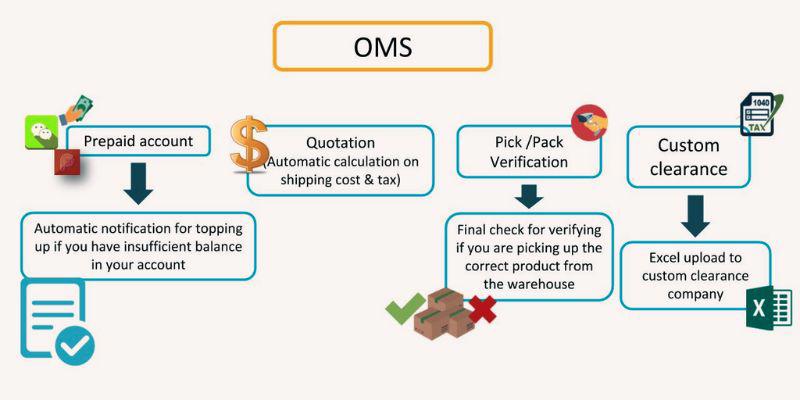
An Order Management System (OMS) operates by consolidating all incoming orders from various sales channels within a company. This consolidation allows for streamlined access, management, and fulfillment of sales orders, all from a singular login interface. The significance lies in the simplification of order management processes, enabling comprehensive oversight and control from initiation to completion, without the need to navigate through disparate sales channels or point-of-sale (POS) systems.
An OMS extends its utility beyond mere order aggregation, offering comprehensive fulfillment capabilities encompassing order validation, drop-shipping facilitation, shipment confirmations, and seamless customer communication. Post-order placement, a robust OMS facilitates payment processing, seamlessly interfacing with banking systems to ensure financial transactions are executed efficiently.
For shippers, a proficient OMS serves as a catalyst for expeditiously creating and managing transport orders with unparalleled ease.
For instance, leveraging the order overview feature, users gain access to detailed shipment information, document management functionalities, and real-time order tracking capabilities. Furthermore, the system empowers users to execute tasks such as truck driver and subcontractor assignment, status configuration, and solicitation of quotations effortlessly. This automated orchestration not only enhances operational efficiency but also ensures meticulous oversight of all transport orders, thereby augmenting overall productivity and mitigating the risk of oversight.
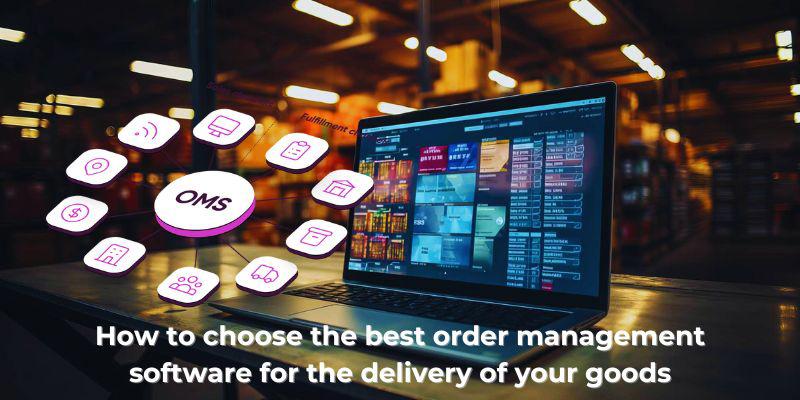
How to select the best order management system (OMS) for your business:
#1 Align with Business Goals: Make sure the OMS is in line with the company's present and long-term growth and sales channel diversification goals.
#2 Integration Planning: To improve efficiency and lower errors, evaluate compatibility with current systems, such as ERP and e-commerce platforms.
#3 Cloud-Based vs On-Premises: Choose between cloud-based and on-premises solutions depending on the control, upkeep, and scalability requirements of your business.
Here are some frequently asked questions (FAQs) about order management systems:
Key features to consider include order tracking, inventory management, integration capabilities with other systems (such as ERP and e-commerce platforms), reporting and analytics tools, and scalability.
Yes, OMS solutions are available for businesses of all sizes, from small startups to large enterprises. The features and pricing of OMS platforms may vary based on business needs and scale.
While some OMS platforms may require training for optimal use, many are designed with user-friendly interfaces and intuitive workflows to minimize the learning curve.
Many OMS platforms offer customization options to tailor the system to your specific business requirements, such as branding, workflows, and reporting structures.
Data security is a priority for OMS providers, and reputable platforms implement robust security measures to protect sensitive information, such as customer data and order details.
These FAQs provide a brief overview of order management systems and can help businesses make informed decisions when selecting and implementing an OMS solution.
SEO
Digital Marketing/SEO Specialist
Simon Mang is an SEO and Digital Marketing expert at Wordcraft Logistics. With many years of experience in the field of digital marketing, he has shaped and built strategies to effectively promote Wordcraft Logistics' online presence. With a deep understanding of the logistics industry, I have shared more than 500 specialized articles on many different topics.
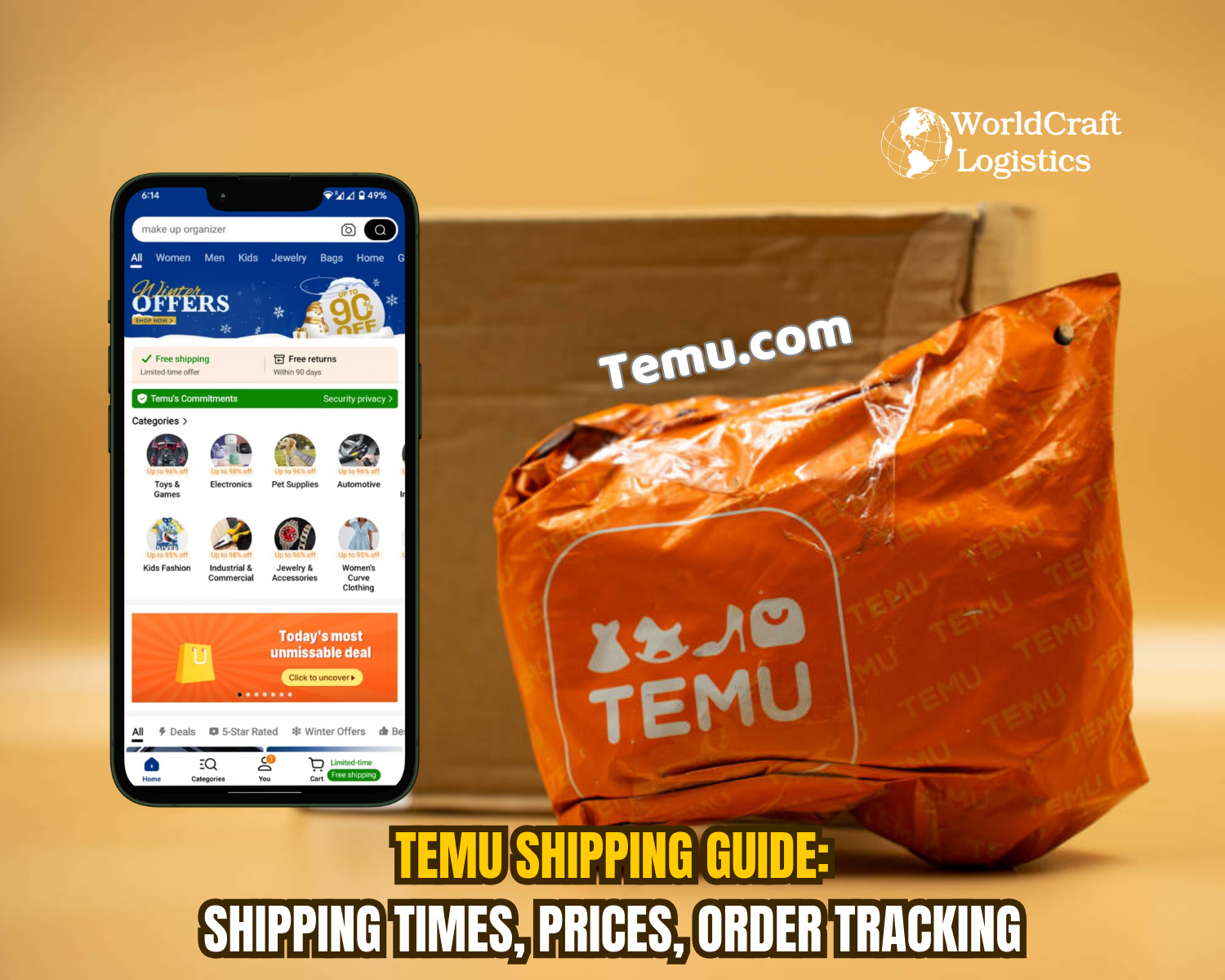
Education
01/05/2025
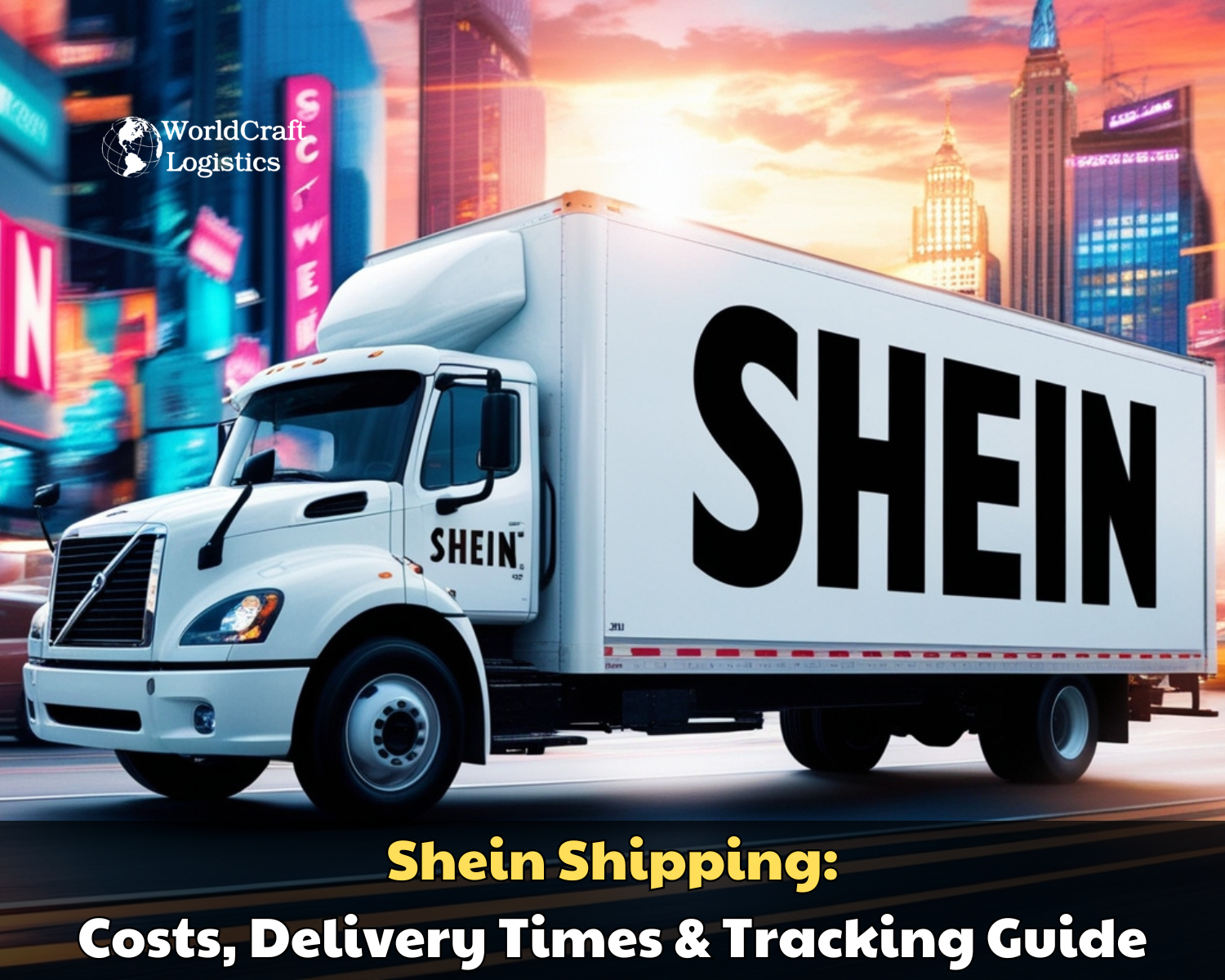
Education
02/18/2025
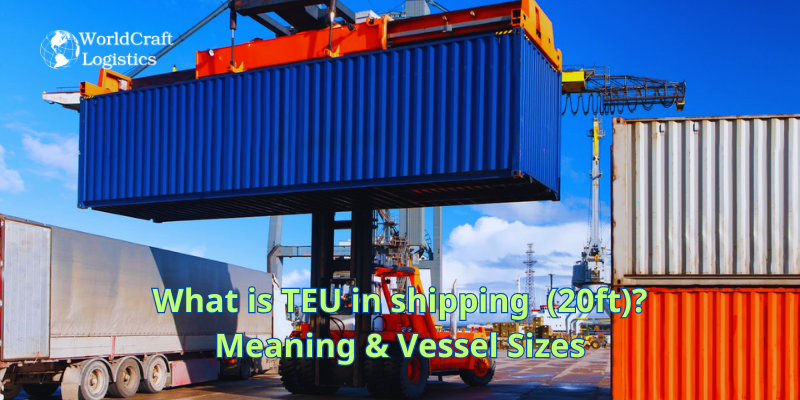
Education
01/01/2024
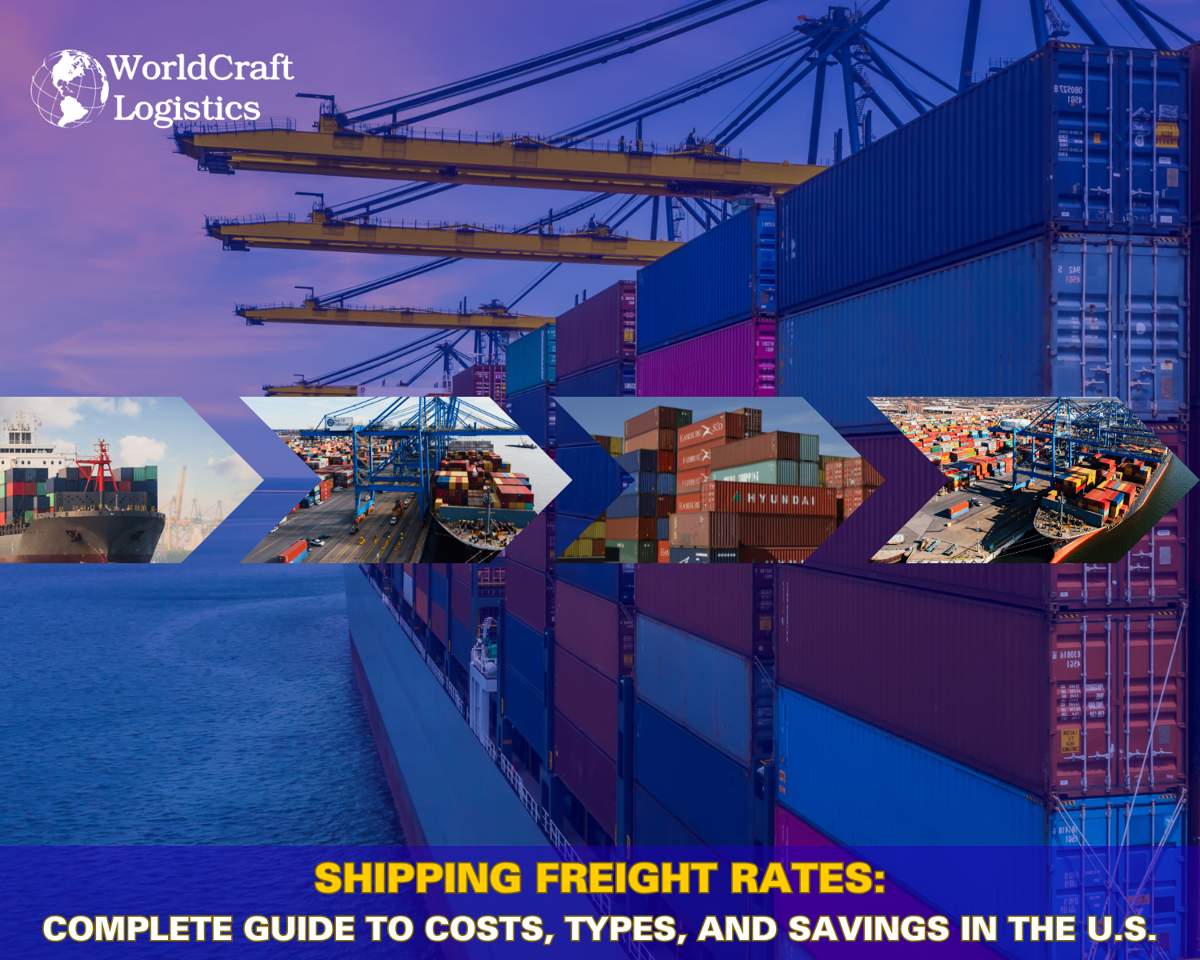
Education
09/09/2025
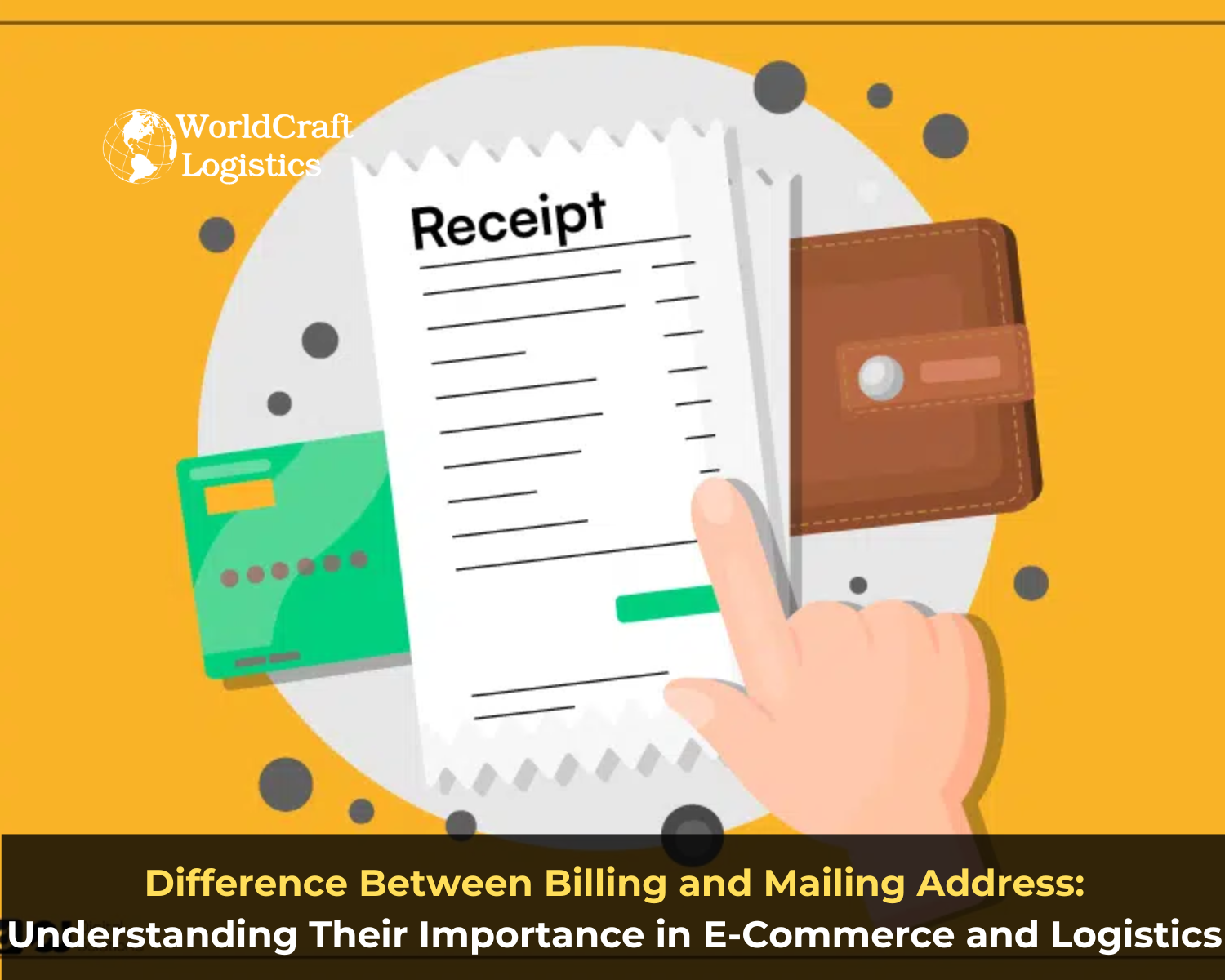
Education
08/28/2024